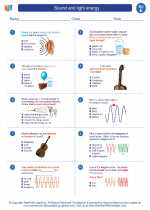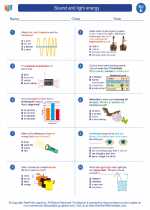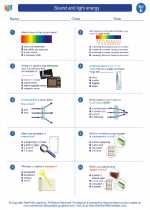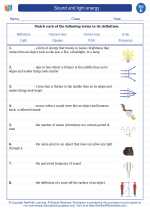Autophagy: A Fifth Grade Science Study Guide
What is Autophagy?
Autophagy is a process within cells that involves the degradation and recycling of cellular components. It is a natural, regulated mechanism that occurs in all cells to maintain homeostasis and remove damaged organelles and proteins.
How Does Autophagy Work?
Autophagy begins with the formation of a double-membraned structure called an autophagosome. This structure engulfs damaged or unnecessary cellular components. The autophagosome then fuses with a lysosome, forming an autolysosome, where the contents are degraded by enzymes and the resulting molecules are recycled.
Why is Autophagy Important?
Autophagy plays a crucial role in maintaining cellular health and preventing the accumulation of damaged organelles and proteins. It also helps cells adapt to stress conditions, such as nutrient deprivation, by providing a source of internal nutrients through the recycling process.
How is Autophagy Regulated?
Autophagy is regulated by a complex network of signaling pathways and cellular sensors. Key regulators of autophagy include the mTOR pathway, AMPK, and the autophagy-related (ATG) proteins. These regulators respond to various signals, such as nutrient availability and cellular stress, to modulate the activity of the autophagy process.
How Can I Study Autophagy?
To study autophagy, you can explore the following activities:
- Research and create a diagram of the autophagy process, including the formation of autophagosomes and their fusion with lysosomes.
- Investigate the role of autophagy in maintaining cellular health and its implications for diseases such as cancer and neurodegenerative disorders.
- Examine the signaling pathways and key regulators of autophagy, and how they are influenced by different cellular conditions.
- Explore the latest scientific research on autophagy and its potential applications in medicine and biotechnology.
By engaging in these activities, you can gain a deeper understanding of autophagy and its significance in cellular biology.
Good luck with your studies!
.◂Science Worksheets and Study Guides Fifth Grade. Sound and light energy

 Activity Lesson
Activity Lesson
 Worksheet/Answer key
Worksheet/Answer key
 Worksheet/Answer key
Worksheet/Answer key
 Worksheet/Answer key
Worksheet/Answer key
 Worksheet/Answer key
Worksheet/Answer key
 Vocabulary/Answer key
Vocabulary/Answer key
 Vocabulary/Answer key
Vocabulary/Answer key
